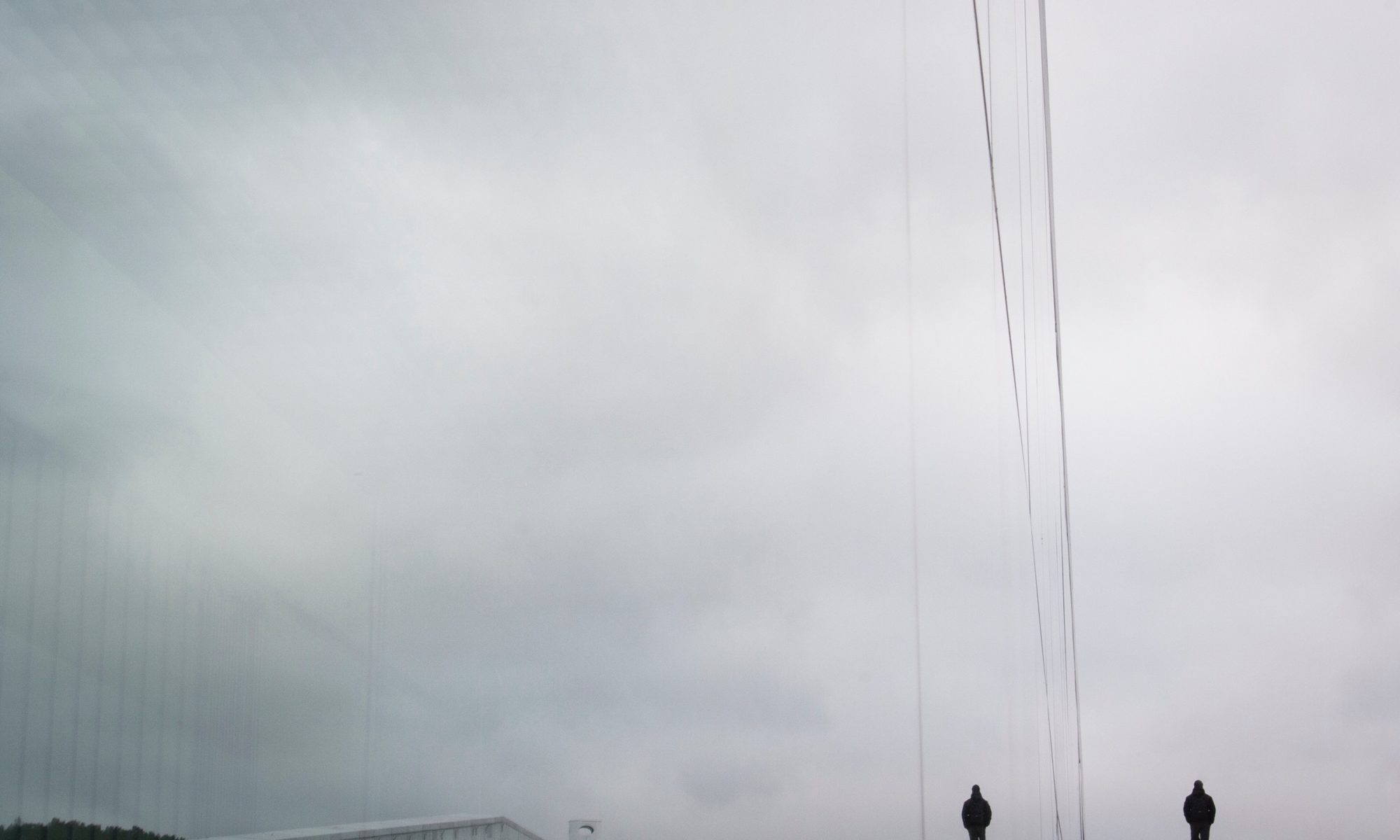I’m trying to type this post while keeping an eye on my baby daughter. She’s in a swing seat, sometimes chewing on her hand or finding new ways to fling about her arm.
And I was going to publish this post… yesterday.
Yes, life (sometimes new life) gets in the way of writing (or writing about writing.) Writing-wise, I am working on the draft of one monologue that goes into an R&D session at the end of April, co-writing another play, developing three different television drama proposals and trying the rest of the time to find better ways to balance the family budget.
It’s tough. It’s exciting, yes, but also tough.
But a long time ago I started seeing tougher times as the moment to step up and try doing something different.
When I stopped smoking, for example, I realised it was better to give up on the day that you’re feeling the most stressed, otherwise you fall into the old relapse narrative.
And so what I’m going to do over the next thirteen weeks – during which there is a LOT of stuff going on in my work and family life – I’m going to follow my own recipe for writing the draft of a play.
Which means I’ll be posting updates of the kind of work I’m doing, and detailing some of the challenges of doing that work – time, content, story, kids.
What I’d love to hear is that you might have started to work on your own play, too.
I’m calling this week, week zero. What I did yesterday was spend 30 minutes typing out ideas for the basis of the work. When I search for ideas for plays I try to think about relationships that I feel are still unresolved, arguments that are unfinished yet still define part of who I am. Thinking this way you can start thinking about the people involved (including yourself) and the kinds of details and issues at stake. If you start listing events that happened as “there was the time that….” and get a bit of a run on, then there’s a chance there is enough to focus on for scenes that suggest a bigger story.
So. 30 minutes of this thinking-as-you-type yesterday gave enough details about a student falling out with a piano teacher to make me think that there are two characters there who think they want the same things, but have wildly different ideas and levels of control.
In the rest of the week, I am going to make a list of the events (“there was the time that…”) that I can recall and then make lists of sensory details. That’s right – columns of sight, sound (including words/phrases), feeling/touch, smell and taste. At this stage of things I’m not clear on a story, only a few heightened moments between the two characters, so the idea is to go foraging, collect, reject and select.
Writing actual scenes will come last. For me, this is what building a play means and I’m slightly scared to be sharing the process with you.
And now, either my daughter or I need a nappy change.
—
Photo by Elena Prieto Landaluce on Unsplash











